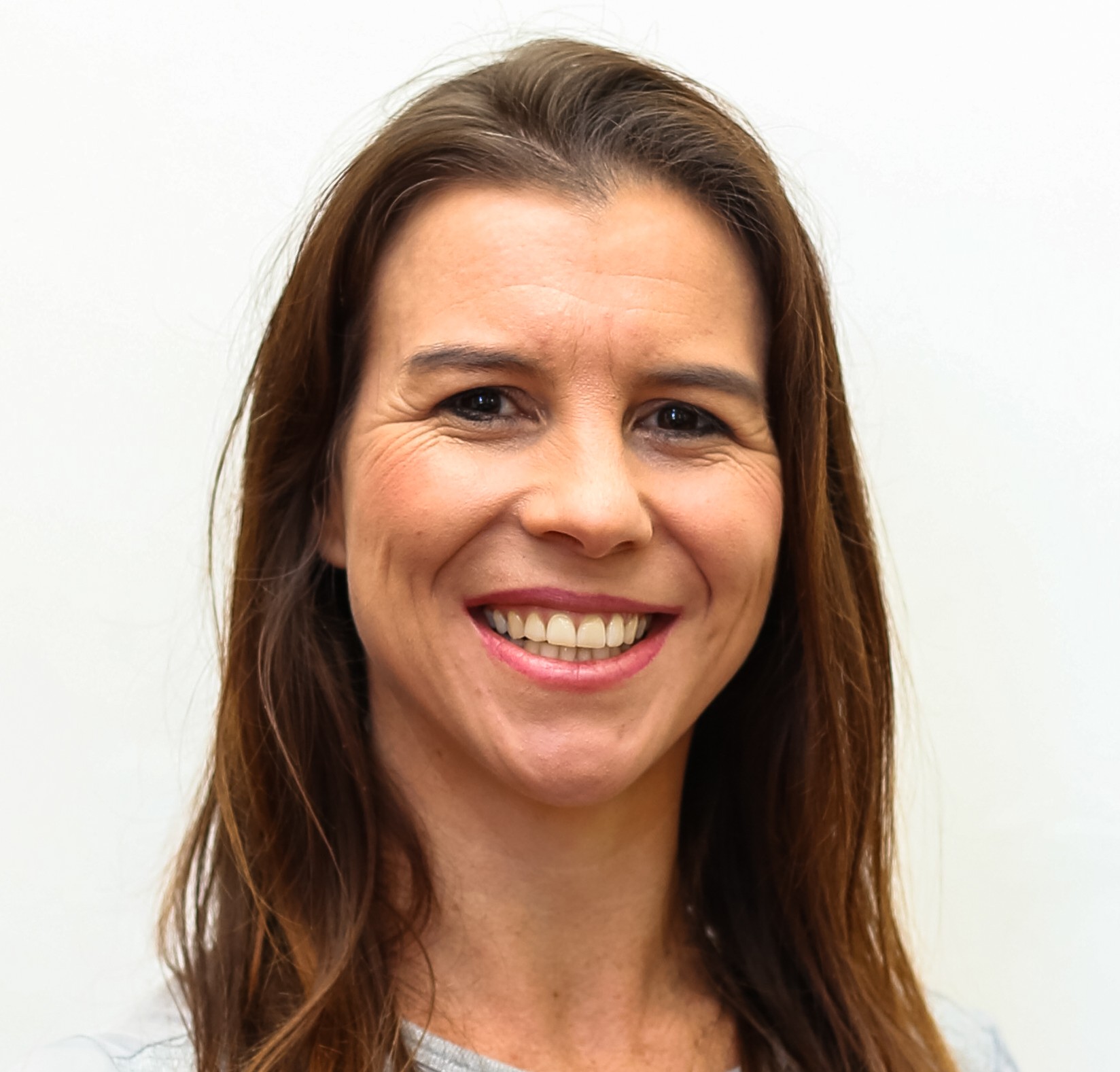
In academia, research often takes center stage. However, Dr. Tamaryn Friderichs, a senior lecturer in the Economics Department of Rhodes University, has taken a unique approach to academic demands that blends research and teaching with community engagement.
Friderichs is passionate about research, and her interests include Human Capital, Gender and Inequality, Education and Skills Development, and Farm Labor. Still, she believes in the power of making a real-world impact through teaching and learning. Service learning fulfills this mandate perfectly.
Friderichs' journey into service-learning began at Stendan, where she initially encountered the power of community-based learning as a lecturer and student. Upon joining Rhodes University, she was introduced to the service learning approach. Friedrichs saw this as an opportunity to integrate community engagement into her teaching. And so, the Development Economics Honors course emerged, offering students a richer learning experience.
In a candid conversation, Dr Friderichs shares her experiences and insights about the transformative service learning project she has spearheaded in her department.
The Development Economics Honors course intends to address real issues the community faces while providing learning opportunities for the Economics Honours students. The eight-week course has been running for three years.
The course is a collaborative effort between the department and Eluxolweni Centre, a boys' shelter in Makhanda. The impact of this project lies in the relationships forged between the students and the boys at the shelter. The students mentor the boys, assisting them with homework and listening to their experiences. Through direct interaction, empathy and a genuine understanding of the issues faced by the community are fostered.
As Dr. Friderichs points out, the personal connections make this project unique. The students involved are not just studying a course; they are actively contributing to the betterment of the community. It's about creating engaged citizens who can see beyond theoretical knowledge.
The service learning project is in its early stages, but it's evolving and progressing year by year. Dr. Friderichs envisions a future where the ideas and solutions developed by the students are not just theoretical but practically implemented to lead to tangible improvements. This next stage of the course will involve more rigorous implementation of these solutions.
Engaging in community service presents its fair share of challenges. Dr. Friderichs emphasizes the importance of clear communication between the university and the community partner. Understanding the partner's needs, negotiating solutions, and working together effectively is crucial. This community engagement aspect is a real-world lesson that the students take away from the project.
Looking ahead, Dr. Friderichs hopes to expand the reach of service learning within the department, involving more staff and students. The ultimate goal is to see programs running successfully, positively impacting the community and fostering a sense of responsibility among students.
Ultimately, service learning is about more than just academic achievement. It's about nurturing a sense of social responsibility, empathy, and a deeper understanding of our world. Dr. Tamaryn Friderichs's dedication to this goal exemplifies the transformative power of education when combined with community engagement. Her vision for the future of Economics education promises to create more aware and compassionate individuals who can make a real difference.
